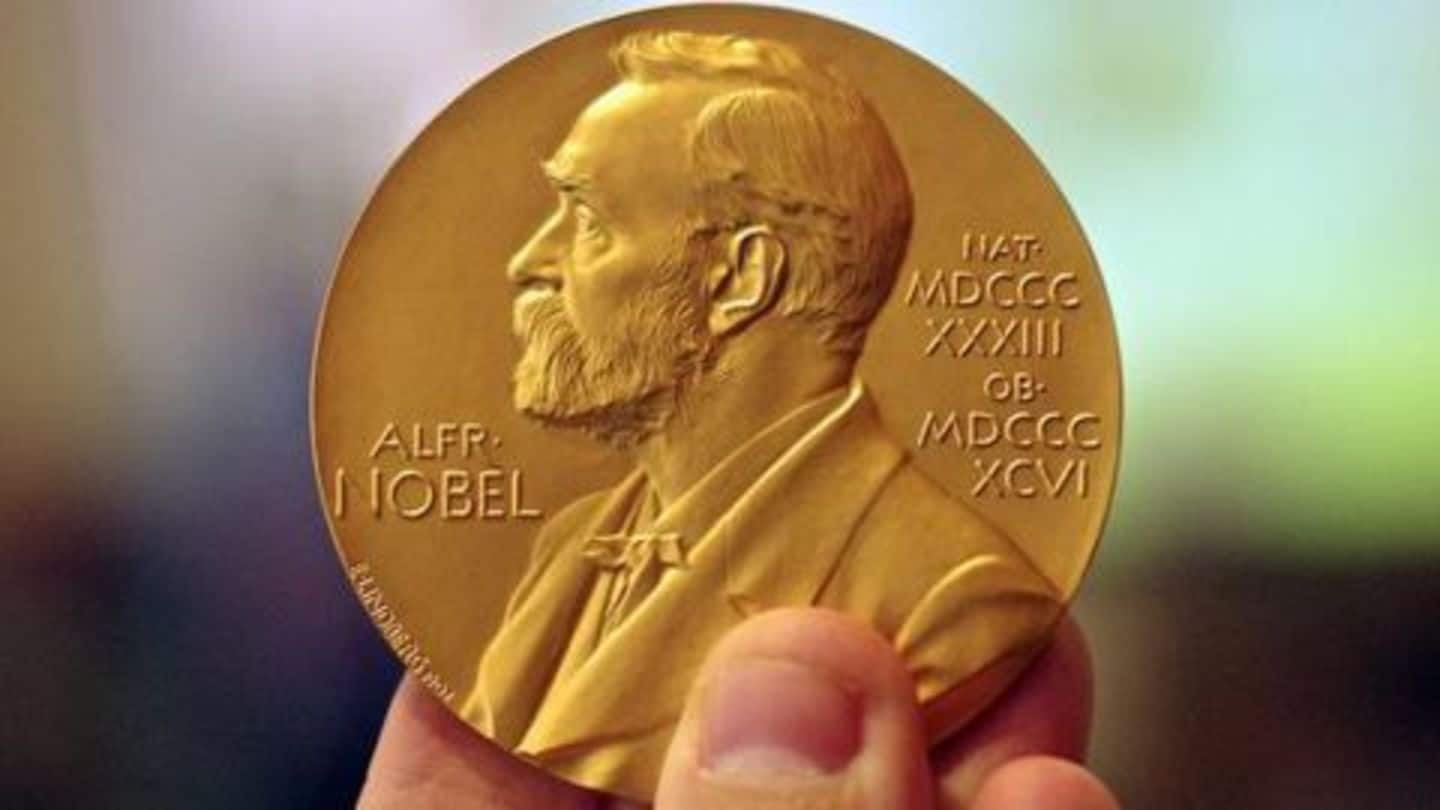
Nobel prize in medicine awarded to Yoshinori Ohsumi
What's the story
Yoshinori Ohsumi, a Japanese cell biologist was honored with the Nobel prize in medicine for his discoveries in the field of autophagy.
71-year-old Ohsumi called the prize the "greatest source of joy and pride" for a scientist.
With this Nobel Prize, Ohsumi becomes the 23rd Nobel laureate from Japan.
He identified 15 genes in yeast mutants essential to autophagy and published results in 1992.
Background
The Nobel Prize in Physiology or Medicine
The Nobel Prize in Physiology or Medicine is administered by the Nobel Foundation and is rewarded once a year for path breaking discoveries in avenues of science and medicine.
In 1895, Swedish chemist Alfred Nobel established five Nobel Prizes as a part of his will.
The Nobel Assembly at Karolinska Institutet awards the Nobel Prize for medicine and has 50 voting members.
Information
What is Autophagy?
Autophagy, in layman term is known as the human body's internal recycling program.
In this process, junk cells are hunted down and their useful parts are stripped out to generate energy or create new cells.
This process helps prevent cancerous growths and conditions like diabetes.
Discrepancies in the autophagy process have been directly established with Parkinson's disease, type 2 diabetes, cancer and age-related disorders.
Personal
Yoshinori Ohsumi
Yoshinori is a Japanese cell biologist. He is a professor in the Tokyo Institute of Technology's Frontier Research Center and specializes in autophagy.Before winning the Nobel Prize for Medicine, Ohsumi was awarded the Kyoto Prize for Basic Science in 2012.
Information
Ohsumi's discoveries
The phenomenon of autophagy was not commonly studied and Ohsumi used baker's yeast to recognize and label genes essential for the process.
Reactions
Responses to Ohsumi's discoveries
The Nobel prize committee in Stockholm said that Ohsumi's work involved a series of "brilliant experiments."
The committee wrote, "His discoveries opened the path to understanding the fundamental importance of autophagy in many physiological processes, such as in the adaptation to starvation or response to infection."
According to the committee, "The fundamental importance of autophagy was recognized only after Ohsumi's paradigm-shifting research."